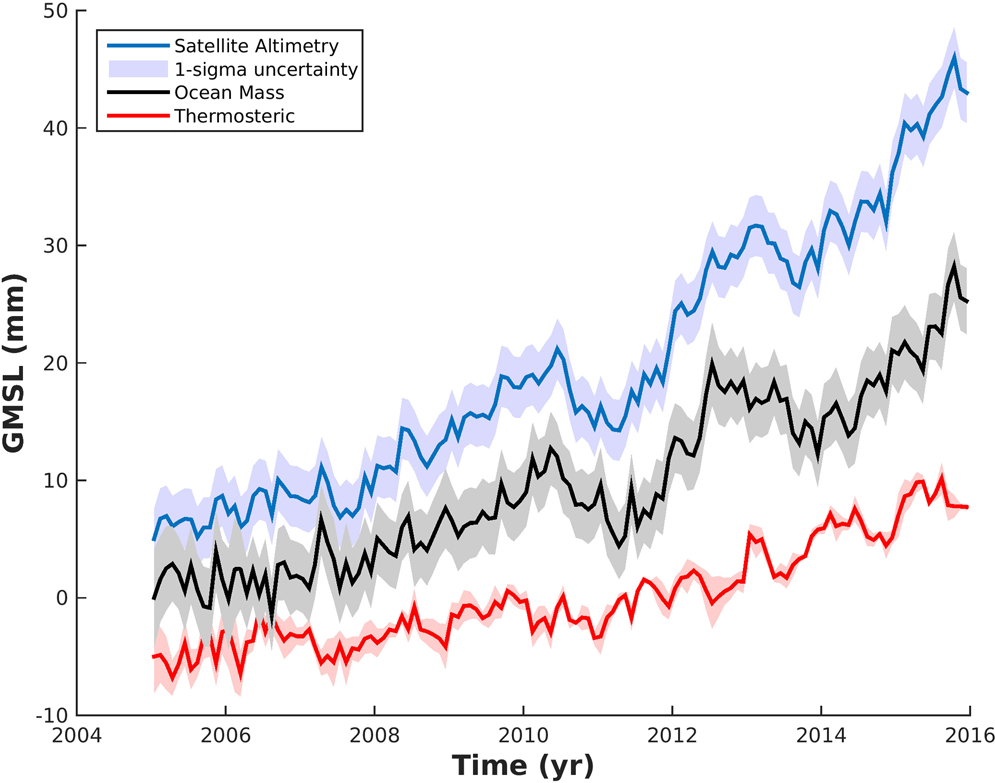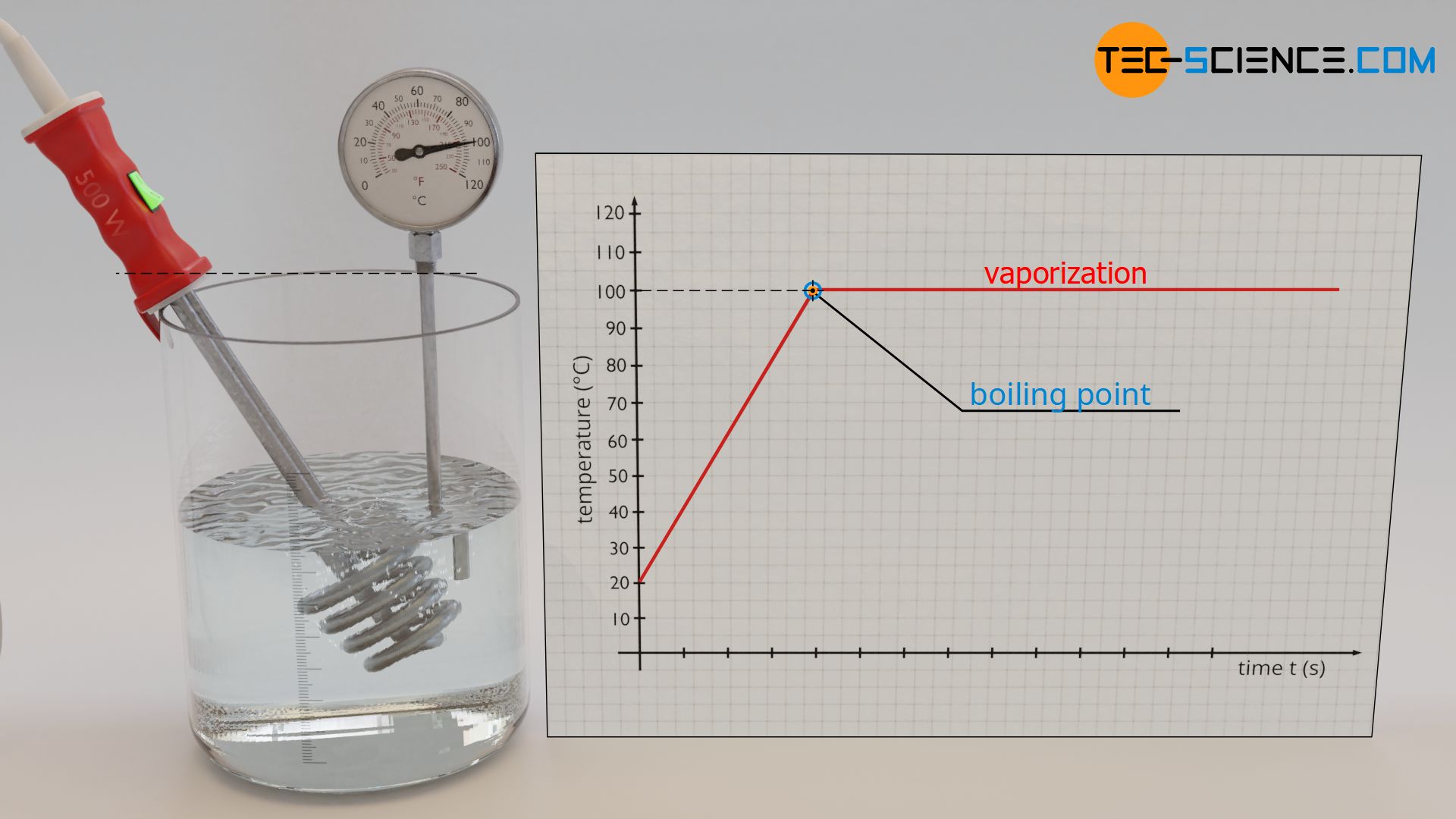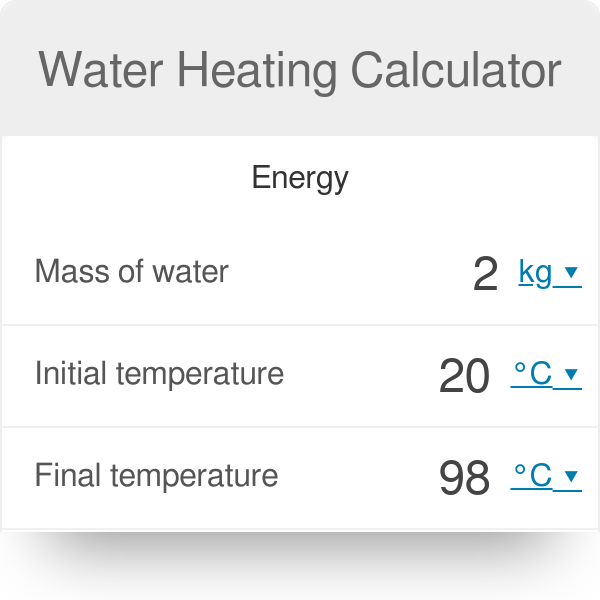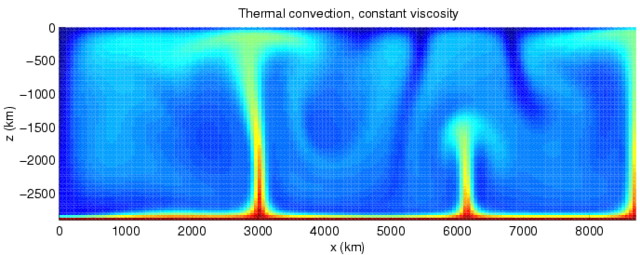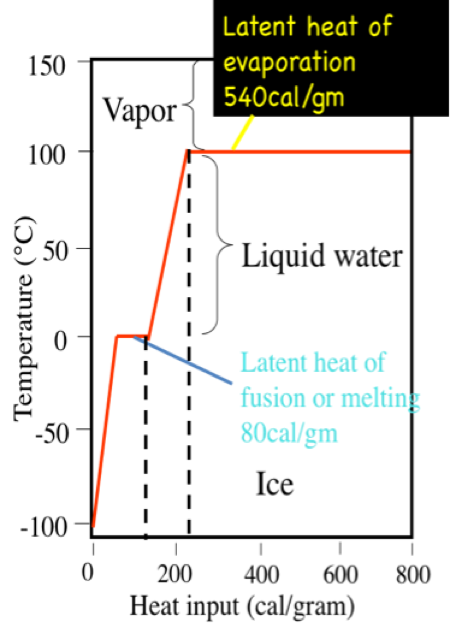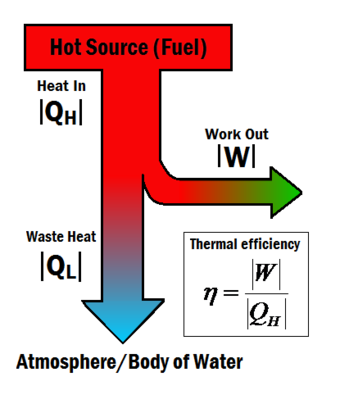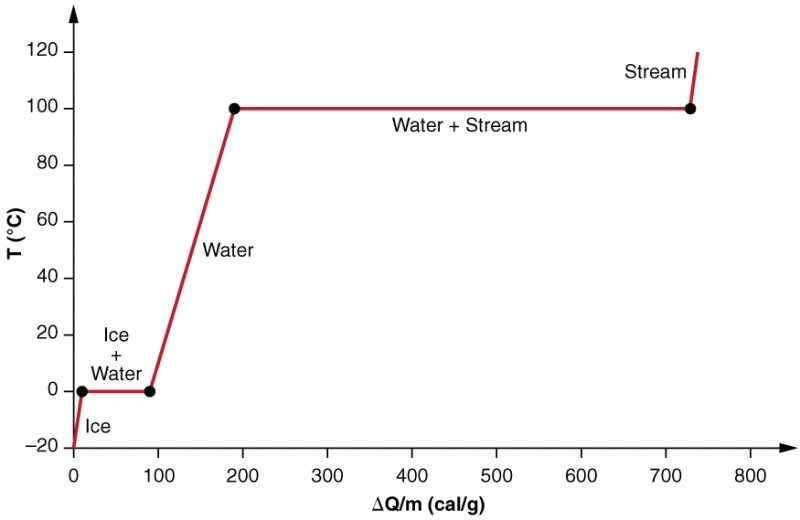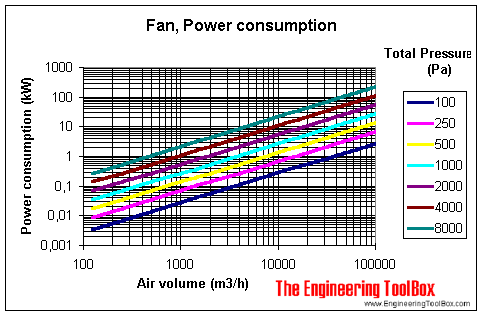
20th century cooling of the deep ocean contributed to delayed acceleration of Earth's energy imbalance | Nature Communications

The water temperature difference versus water flow rate at different... | Download Scientific Diagram

Thermal Energy Equation & Examples | How to Calculate Thermal Energy - Video & Lesson Transcript | Study.com

Question Video: Finding the Specific Heat Capacity of a Substance given the Change in Its Temperature and Internal Energy | Nagwa

Question Video: Calculating the Heat Energy Transferred to Water Using Its Specific Heat Capacity | Nagwa
GMD - The interpretation of temperature and salinity variables in numerical ocean model output and the calculation of heat fluxes and heat content

Thermal Energy Equation & Examples | How to Calculate Thermal Energy - Video & Lesson Transcript | Study.com
